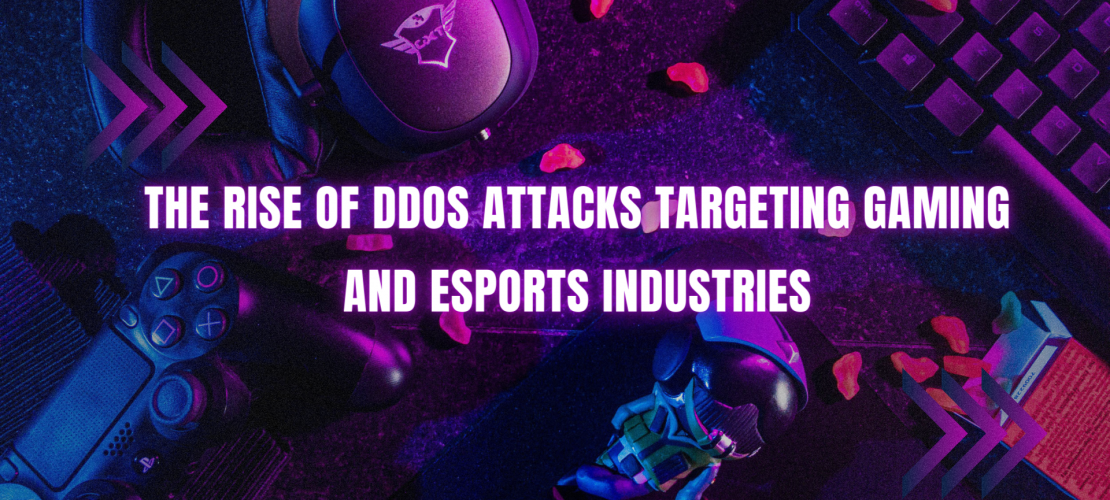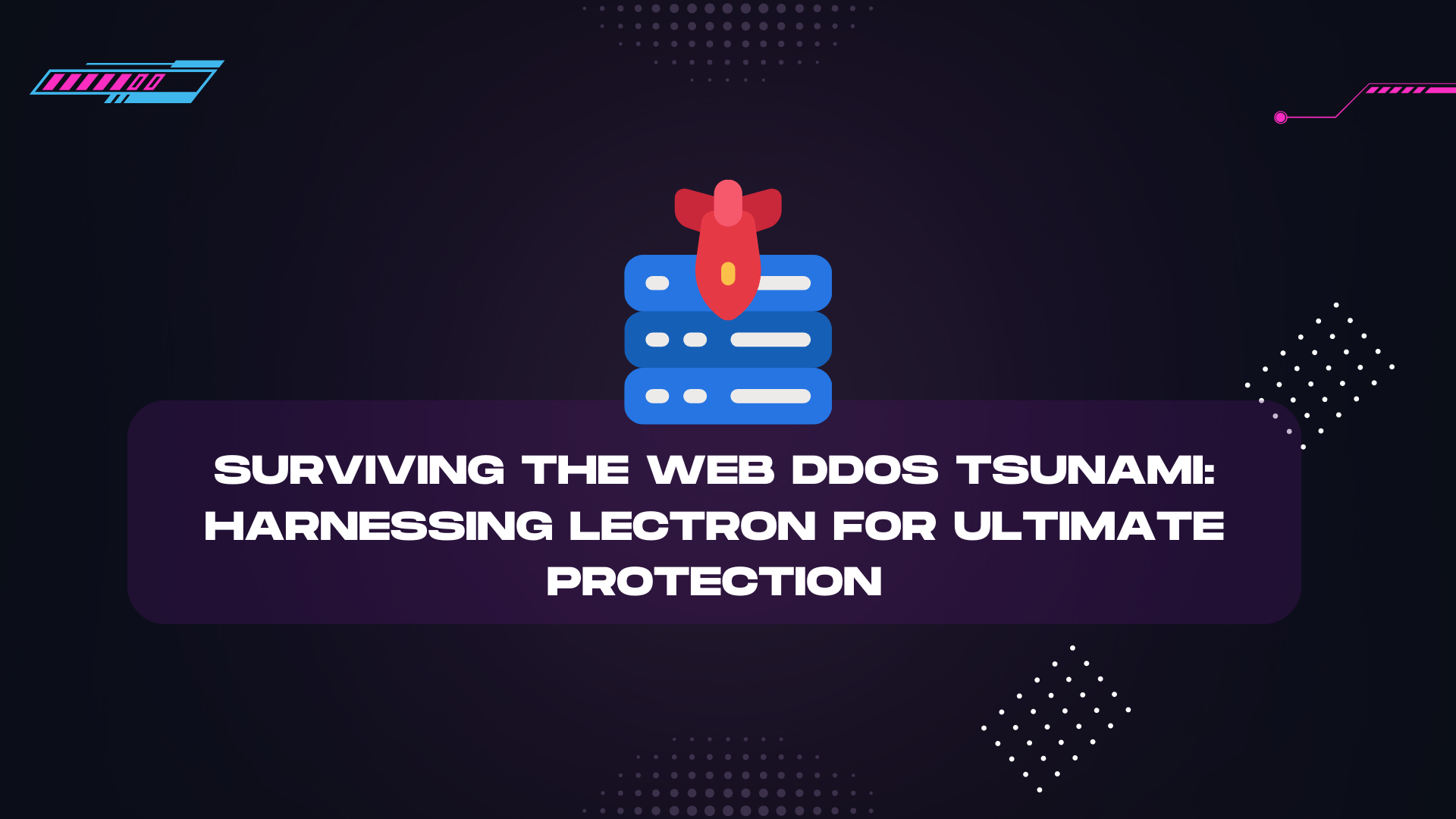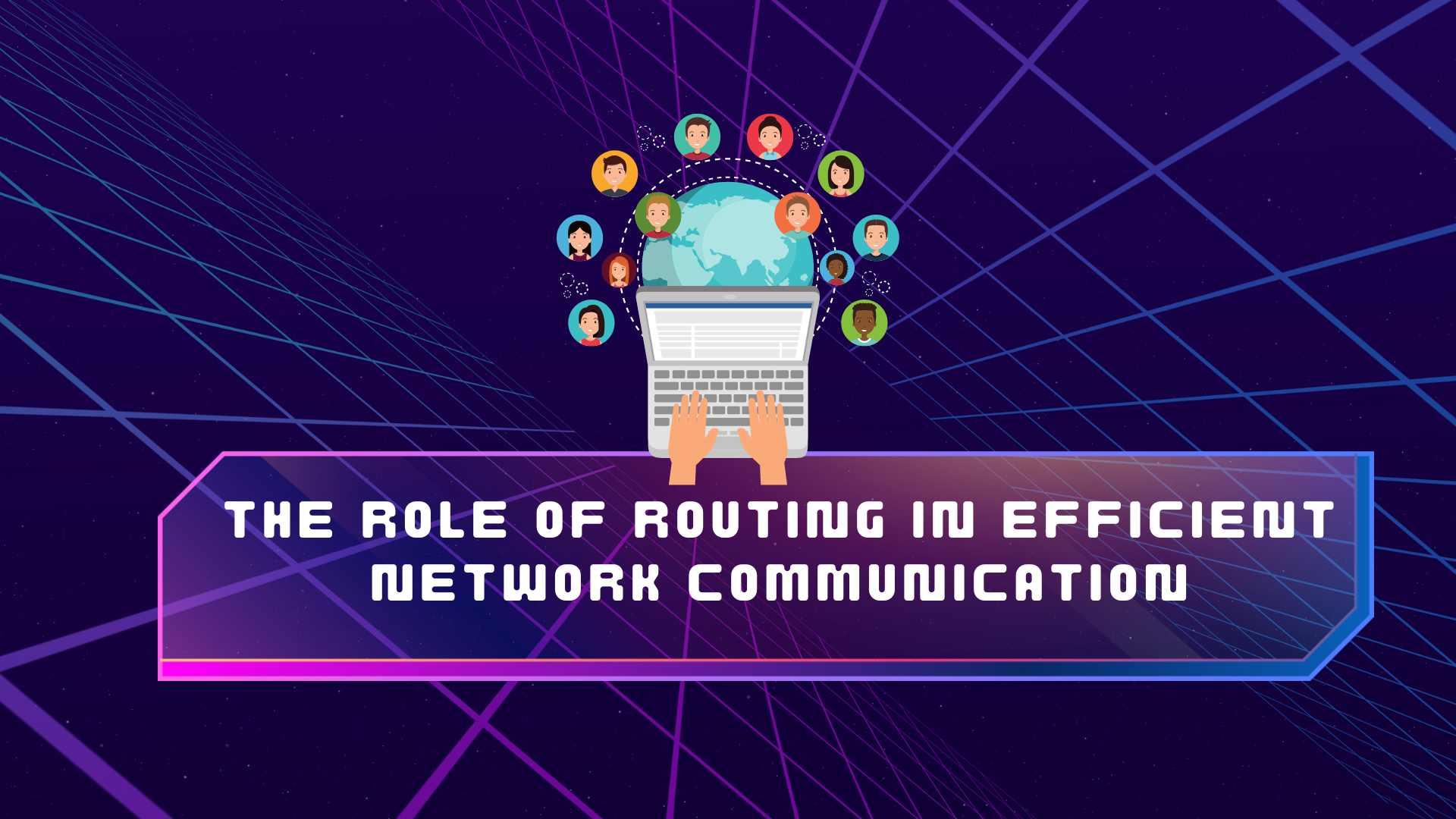DDoS attacks have been on the rise in recent years, with a particular increase in attacks targeting the gaming and esports industries. In this blog, we will explore the reasons behind this trend, the impact of DDoS attacks on the gaming and esports industries, and the measures that can be taken to prevent and mitigate these attacks.
The gaming and esports industries have grown exponentially in recent years, with millions of people around the world playing games and watching esports competitions. This growth has made the gaming and esports industries lucrative targets for cybercriminals seeking to disrupt services and extort money. DDoS attacks are a common tool used by cybercriminals to achieve their goals.
DDoS attacks work by flooding a target website or service with traffic, overwhelming its servers and causing it to become unavailable to users. In the gaming and esports industries, DDoS attacks are often used to disrupt online matches or tournaments, causing frustration for players and viewers and potentially damaging the reputation of the affected organizations.
One reason why the gaming and esports industries have become attractive targets for DDoS attacks is the competitive nature of these industries. Online matches and tournaments are often highly competitive, with players and teams vying for prizes and recognition. Disrupting these events can give an unfair advantage to certain players or teams, leading to accusations of cheating and damaging the integrity of the competitions.
Another reason why the gaming and esports industries are vulnerable to DDoS attacks is the high stakes involved. Esports tournaments can offer substantial prize pools, with millions of dollars on the line. This makes them attractive targets for cybercriminals seeking to extort money from organizers or sponsors. DDoS attacks can be used as a threat to demand payment, with the threat of disrupting an event being enough to coerce victims into paying.
The impact of DDoS attacks on the gaming and esports industries can be significant. Disrupting an online match or tournament can cause frustration for players and viewers, potentially leading to a loss of revenue for organizers and sponsors. In some cases, DDoS attacks can cause long-term damage to the reputation of the affected organizations, leading to a loss of trust from players and fans.
In addition to the impact on the gaming and esports industries themselves, DDoS attacks targeting these industries can also have wider implications for cybersecurity and online safety. Cybercriminals who are successful in disrupting these events may be emboldened to target other industries or services, potentially causing even more significant disruption.
So, what can be done to prevent and mitigate DDoS attacks targeting the gaming and esports industries? There are several measures that can be taken to protect against these attacks, including:
- Implementing DDoS mitigation technologies: Organizations in the gaming and esports industries can implement DDoS mitigation technologies, such as firewalls and intrusion prevention systems, to protect their networks and services from DDoS attacks.
- Conducting regular security audits: Regular security audits can help identify vulnerabilities in the networks and systems used by organizations in the gaming and esports industries, allowing them to take steps to address these vulnerabilities before they are exploited by cybercriminals.
- Developing incident response plans: Organizations in the gaming and esports industries can develop incident response plans that outline the steps to be taken in the event of a DDoS attack. These plans should include procedures for detecting and mitigating attacks, as well as communication protocols for notifying stakeholders and the public.
- Educating employees and users: Educating employees and users about the risks of DDoS attacks and promoting cybersecurity best practices can help reduce the likelihood of successful attacks.
- Working with law enforcement: Organizations in the gaming and esports industries can work with law enforcement agencies to identify and prosecute cybercriminals who carry out DDoS attacks.
In conclusion,
DDoS attacks targeting the gaming and esports industries are a growing threat that can have significant consequences for the organizations involved, as well as for cybersecurity and online safety more broadly. It is important for these industries to take proactive measures to prevent and mitigate DDoS attacks, including implementing DDoS mitigation technologies, conducting regular security audits, developing incident response plans, educating employees and users, and working with law enforcement.
It is also important for organizations to stay up to date with the latest trends and tactics used by cybercriminals, as DDoS attacks are constantly evolving. For example, attackers may use tactics such as amplification attacks, which involve exploiting vulnerabilities in certain protocols to amplify the size of the attack traffic. Organizations can stay informed about these trends by working with cybersecurity experts and participating in industry groups and forums.
Overall, the rise of DDoS attacks targeting the gaming and esports industries underscores the importance of cybersecurity for all organizations, regardless of their size or industry. By taking proactive measures to protect against these attacks, organizations can safeguard their networks and services, protect their reputations, and promote online safety for all users.




